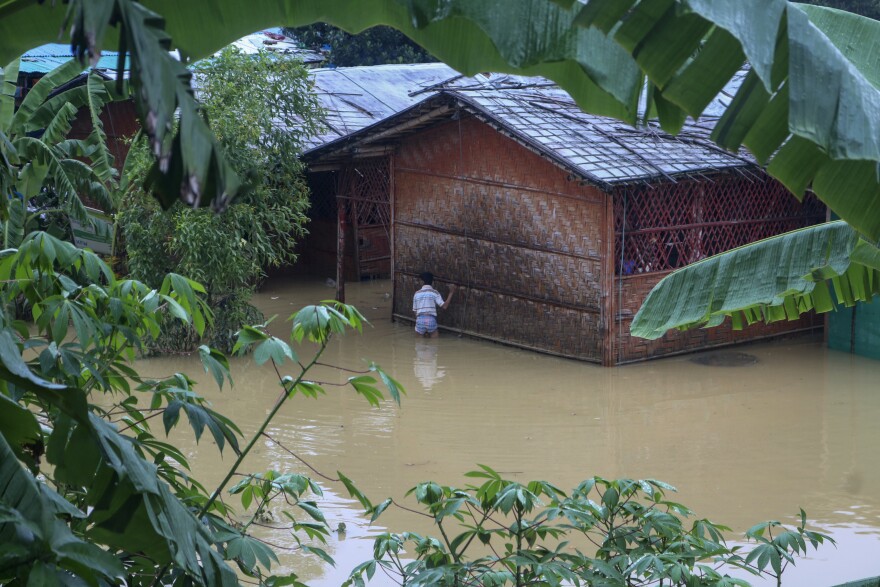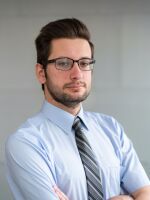WMU’s Climate Change Working Group will host an online symposium next week, bringing together climate change experts and refugee advocates.
CCWG member and WMU Political Science Professor Paul Clements said the event will feature a wide range of speakers from areas experiencing climate-related migration such as West Africa, Pakistan and Bangladesh.
Clements said he hopes the symposium will connect these voices with other organizations to help raise awareness for climate migrants and develop solutions before things get worse.
“If these issues don't get addressed, then you get real serious political problems that can be both within countries and then internationally," he said.
How much worse? Clements said currently tens of millions of people are being displaced within poorer countries due to increasing natural disasters, but he added that if nothing is done to address climate change, this number will increase significantly.
“There’s a real chance that it could be 5% of the world's population by 2050 if we don't have better mitigation, if we don't have better adaptation," he said.
Five percent of the world's current population is more than 400 million people.
"And when you talk about those numbers, you're talking about consequences for governments of those poor countries not being able to handle it, of governments actually falling," he added.
Jay Parsons of Kalamazoo spent over 20 years with the United Nations Population Fund and helped gather speakers for the symposium.
He says migration due to climate change has gone under-addressed by the international community.
"The international response is pretty fragmented," Parsons said.
"There is a need within the UN system for some organization to take primary responsibility for environmental activities, for spreading knowledge about what the environment and migrant crisis is, to create networks that will help bring together people, experts to address the problem."
Parsons added that the symposium serves as a step towards this, raising awareness about climate related migration.
“We can't provide assistance to people affected by the environmental issues until we actually address the issues, and we haven't been doing that.”
The Climate Refugee Symposium will be held next week, beginning Monday and running through Wednesday.
Michael Symonds reports for WMUK through the Report for America national service program.


